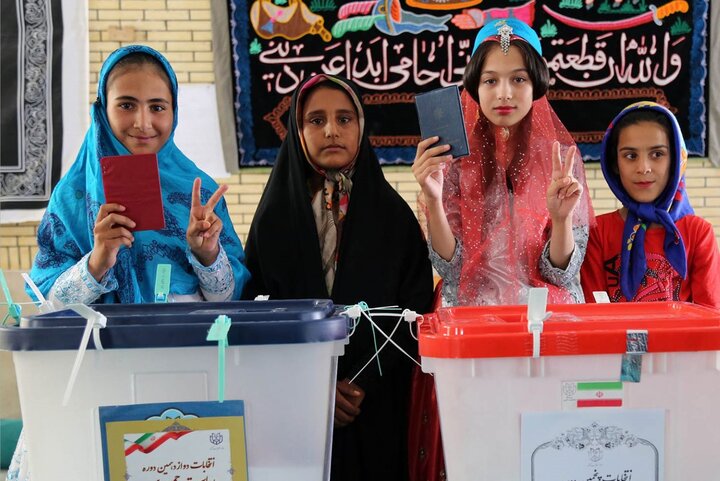
TEHRAN, (MNA) – In Iran, Islamic councils of cities and villages are elected within the framework of local elections and by direct vote of the people.
Cooperation in the advancement of the administrative affairs of the country requires the formation of councils so that part of the relevant duties will entrusted to the city and village councils.
The first election of the Islamic city and village councils was held on 1999 February 26 and the sixth election was held on 2021 June 18.
Dual elections; village and city council
The councils include the village council and the city council, which are directly elected by the people. In the following, we will examine the details of each one and their duties.
Village Council
The village council is an important arm in the administration of the village, which is run by the people.
The tasks of the village council include electing a village head and presenting proposals to eliminate deficiencies. All proposals should be entirely in favor of the good of the village and the will of the people.
The number of members of this council is determined based on the population of each village. The number and duties of councils are determined by the law.
The number of members of the Islamic Council in villages with a population of up to 1500 people must be three, and in villages with a population of more than 1500 people must be 5.
According to Article 68 of the law on the elections, the duties of the village council include:
1. Monitoring the implementation of the decisions of the Islamic Council of village
2. Checking and recognizing deficiencies
4. Explanation of government policies
5. Efforts to resolve local disputes
6. Electing a qualified village head for 4 years, etc.
City council
The representatives of the city council are elected by direct vote of the people in the Iranian cities.
The main duty of the city council is to elect the mayor, approve the budget, and monitor the performance of the municipalities.
According to Article 71 of the law on the elections, the duties of the city council include:
1. Electing a mayor for 4 years
2. Investigating and recognizing deficiencies and needs, and social and cultural inadequacies and preparing corrective plans and proposals
4. Cooperating with executive officials and state institutions and organizations
5 Arranging people's participation in social, and economic issues
6. Formation of associations and social, relief, and guidance institutions
7. Approving the budget
8. Approving transactions and monitoring them by the municipality
9. Approval of proposed municipal loans
10. Naming passages, streets, and alleys
11. Approving the rates of taxies
12. Supervising the affairs of theaters, health centers, creating cemeteries and other public places
Conditions of electors and electees
According to the election law, voters must be eligible for the following;
1. Having Iranian citizenship
2. Having at least 15 years of age
3. Residing at least one year in the place of election
According to the election law, electees must meet the following requirements;
1. Iranian citizenship
2. Being 25 years old
3. Belief and practical commitment to Islam and the absolute authority of the jurist
4. Loyalty to the constitution
5. Being literate in reading and writing
Other councils with indirect elections
According to the law in Iran, various councils have been provided for the rapid advancement of social, economic, construction, health, cultural, educational, and other welfare programs through the cooperation of people according to local requirements.
Therefore, in addition to the village and city councils that were mentioned before, the affairs of the district and province are managed through councils under the titles of district council and provincial council.
District Council
The number of members of the Islamic Council of the district is five. Of course, the members of the Islamic council of the district are elected from among the representatives or members of the councils of the villages located within the same district.
According to the law, the duties and powers of the ward council are as follows:
1. Investigation of social, cultural, educational, economic, and civil problems and deficiencies, health, and other welfare matters of the district
2. Cooperation with the executive authorities of the country
3. Creating the necessary coordination between the village councils located in the district and...
Supreme Council of Provinces
The Supreme Council of Provinces is the largest council in the political structure of the Islamic Republic of Iran. The members of this council consist of council representatives of each province, who are selected from the representatives of city and village councils.
The Supreme Council of Provinces has the right to prepare plans within its duties and propose them to the Islamic Council directly or through the government. These plans must be examined in the parliament.
Governors, heads of districts, and other officials appointed by the government are required to comply with their decisions within the limits of the powers of the councils.

No comments:
Post a Comment